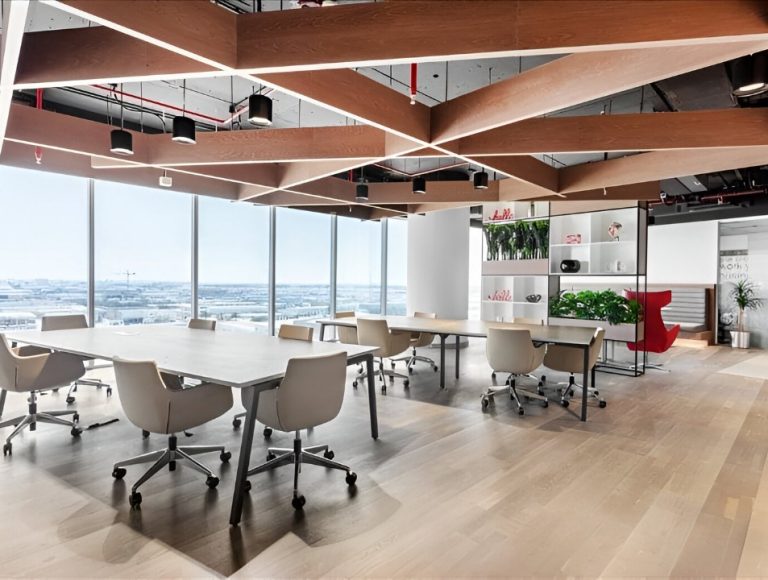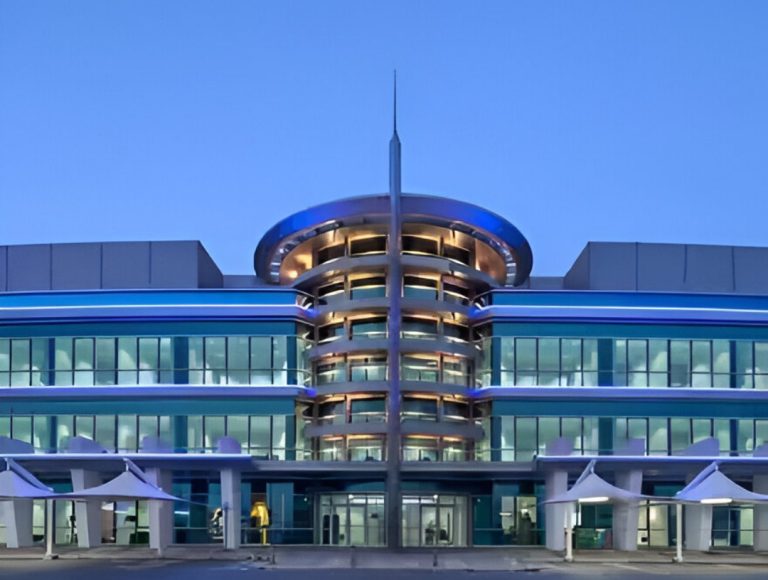Introduction: Why the UAE Is the Smartest Place to Start Your Business
Starting a business in the UAE Free Zone , particularly within a free zone, has become one of the most attractive and practical moves for entrepreneurs, startups, and global investors. With benefits like 100% foreign ownership, zero income tax, and fast-track licensing, the UAE’s free zones have created a business-friendly environment that’s hard to match anywhere else in the world.
If you’re wondering how to set up a free zone company in Dubai, curious about cheapest free zones in the UAE, or simply looking for a straightforward guide, this article breaks it down step-by-step — using language that’s easy to understand, with SEO-rich insights to help you rank higher and reach your goals faster.
What Is a Free Zone and Why It Matters ?
A free zone in the UAE is a designated economic area where businesses can operate under more relaxed commercial laws. These zones are governed by independent authorities and are designed to attract foreign investment. The biggest draw? You get 100% foreign ownership, zero corporate or personal income tax, and complete repatriation of profits — no local sponsor or partnership required.
Popular examples include:
- DMCC Free Zone (Dubai)
- Meydan Free Zone
- RAKEZ (Ras Al Khaimah Economic Zone)
- Shams Free Zone (Sharjah Media City)
- SPC Free Zone (Sharjah Publishing City)
- Ajman Free Zone
- KIZAD (Abu Dhabi)
Each of these zones supports different industries, from tech startups and consultants to e-commerce stores, manufacturing, and media agencies.
Step-by-Step Guide to Setting Up Your Free Zone Business
Step 1: Choose the Right Free Zone Location
The UAE has over 40 free zones, each catering to specific industries and business types. For example, Meydan Free Zone in Dubai is great for e-commerce and digital startups, while Hamriyah Free Zone and RAKEZ are perfect for industrial operations or logistics.
Use tools like “free zone company setup Dubai” or “business license in Abu Dhabi” in your research to compare benefits, prices, and turnaround times.
Step 2: Select Your Business Activity
Each zone has a list of permitted activities. You must select one or more that match your business. Examples include:
- IT consultancy
- Digital marketing
- Trading and logistics
- Educational services
- Manufacturing
- Media production
Make sure your choice aligns with the free zone business activities list of the specific zone.
Step 3: Choose a Legal Structure
Common options include:
- FZE – Free Zone Establishment (1 shareholder)
- FZCO – Free Zone Company (2 or more shareholders)
- Branch – For existing foreign or UAE companies expanding into the zone
Step 4: Register Your Trade Name
Pick a unique name following UAE guidelines — avoid religious terms, global brand names, and offensive language.
Step 5: Apply for the License
Once your documents are ready, submit your application. Depending on the zone, you can do this:
- Online via the zone’s portal
- Through a registered business consultant
- In-person if required
Step 6: Choose Your Office Type
Options range from:
- Virtual office
- Flexi-desk/shared space
- Dedicated office or warehouse
Many free zones don’t require physical space if you operate a remote or digital business.
Step 7: Obtain Your License and Open a Bank Account
Once approved, you’ll receive your business license, after which you can:
- Apply for investor/employee visas
- Open a UAE corporate bank account
- Begin business operations legally and securely
Free Zone vs Mainland: Which One’s Right for You?
Mainland versus Free Zone Company in Dubai – Licenses and Visa Differences
As we plan to setup a company in Dubai, deciding whether to establish the company in the mainland or a Free Zone jurisdiction is one of the first choices to be made. The differences between mainland and free zone jurisdictions include the following legal, operational and visa implications that can have an affect on your business, who you can service and how many employees you are able to sponsor.
Visa Eligibility Comparison
Mainland:
In Mainland, there is no limit to the number of visas a company can apply for. The only issue is generally the size of your physical office (Ejari contract), along with any other types of commercial lease.
Entrepreneurs and investors can straightforwardly apply for an investor visa and then later sponsor their family’s visa.
Visas are processed through the General Directorate of Residency and Foreigners Affairs (GDRFA) in Dubai.
This is ideal for companies needing larger teams or offices to operate in the UAE.
Free Zone:
Visa quotas are restricted, but this generally correlates to the business package. As a norm you would have a 0 visas or 1-visa package available in free zones.
There are instances where free zones allow upgrades to additional visas, but usually at a cost, or more space which comes at a cost.
The whole visa process is carried out by the Free Zone Authority. This is faster and easier than going through GDRFA.
This is great for startups, solo entrepreneurs, and remote businesses requiring a small team.
Licensing Scope and Business Activities
Mainland:
Mainland licensed businesses can operate freely throughout the UAE, and deal with local clients or suppliers and government authorities directly.
A broader range of business activities are allowed for a mainland license, including those associated with construction, hospitality and retail.
Mainland companies can bid for government contracts and are not subject to geographical restrictions within the UAE.
A physical office space is required, and costs will be higher for mainland companies because of location restrictions.
Free Zone:
Free Zone companies can only operate within their free zone, or for the international business.
They cannot deal directly with the UAE mainland market unless they appoint a local distributor or open a branch of the free zone in the mainland (i.e. Dubai).
Licences are typically cheaper than those for a mainland especially if you are established as a digital business, consultancy or e-commerce.
There are a number of flexi-desk or virtual office option, limiting your need for a physical office space.
Which One Is for You?
Choose Mainland if you:
Are looking to transact in the UAE local market or dealing with companies and clients on the mainland in the UAE
Need flexibility to hire a larger workforce
Need to participate in government tenders or major infrastructure projects
Require a license for business activities that are restricted for free zones.
Choose Free Zone if you:
Are starting with a small team or are operating alone
Are focusing primarily on international business, online sales, or B2B services
Want less setup costs and a simplified process for obtaining a license
Would like a remote or flexible structure that requires very little office space.
Conclusion: Why Now Is the Best Time to Launch in a UAE Free Zone
The UAE remains one of the easiest, fastest, and most investor-friendly countries to start and grow a business — especially through its world-class free zones. Whether you’re starting a side hustle, launching a global brand, or transitioning to remote entrepreneurship, setting up a business in a UAE free zone gives you a legal, tax-free, and scalable foundation for success.
Ready to Launch Your Business in UAE Free Zone?
Affordable license. Full ownership. Fast approval.
Start your UAE business journey with Dubai Setup Now — we handle everything, so you don’t have to.
📞 Book Your Free Consultation Today
🌐 Visit Dubaisetupnow to get started.




